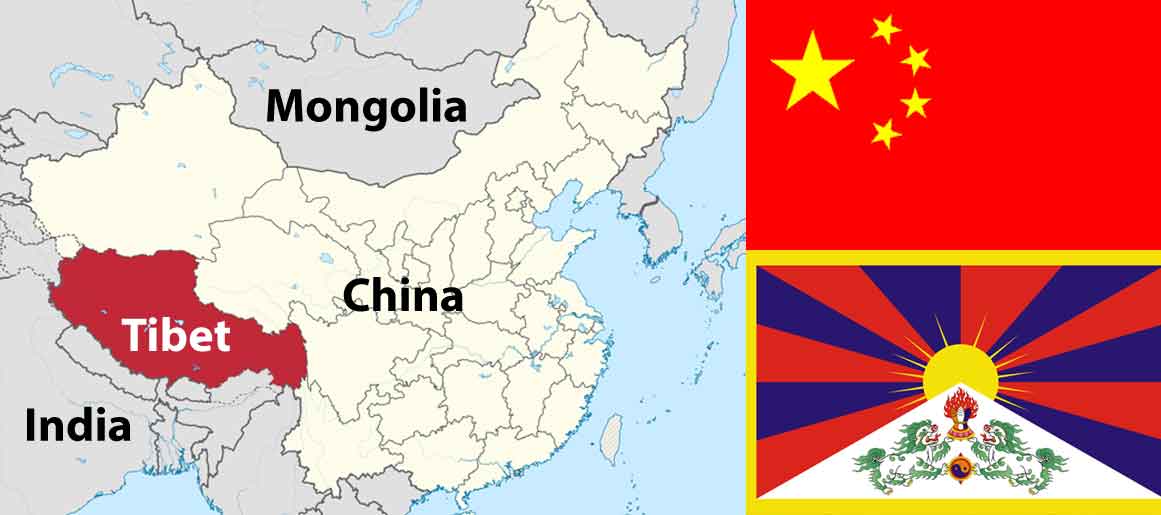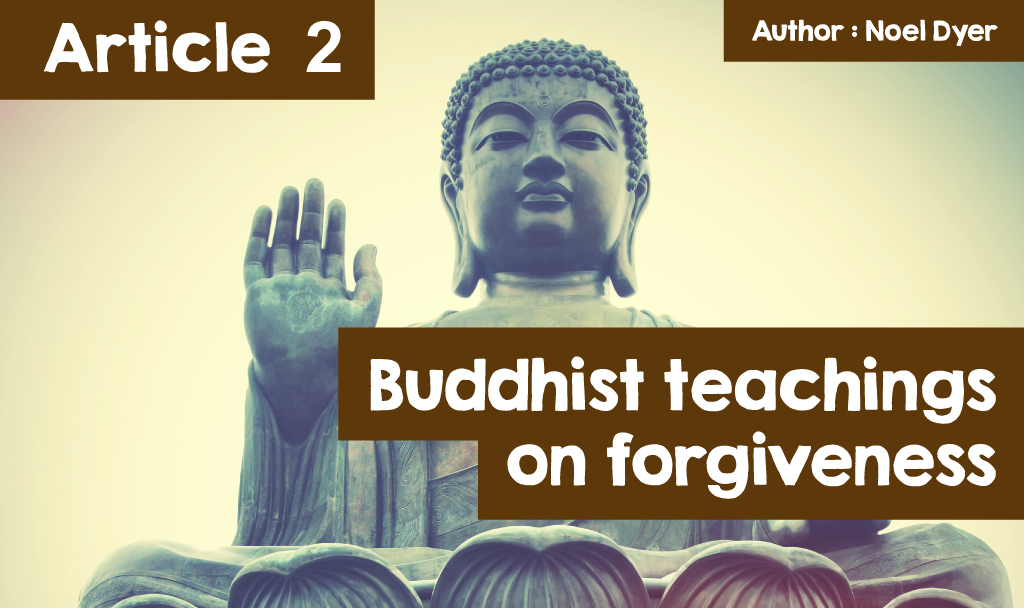Article 2 – Buddhism.
Buddhism does not have a single direct message on forgiveness and yet indirectly the religion has a lot to say on the subject. Buddhism sees forgiveness as a way to end suffering, bringing dignity and harmony to life. Buddhism considers forgiveness as something that is beneficial, especially in terms of mental health. It is one way of letting go of worry.

Buddhism Symbols
Traditionally, Buddhists can practise forgiveness by repeating certain words. The words can be aimed at ourselves, at others who have harmed us and also at those who have been hurt by us. Forgiveness helps ensure inner peace. By forgiving, it is possible to get rid of the feeling of being angry with others. It’s an opportunity to get rid of negative feelings and move on with life. Forgiveness does not mean forgetting about what happened or condoning the event. It simply means letting the bad feelings go and feeling peace. When we consider the attention given to mental health these days, this sounds very timely!

Here are some of the Buddha's words about forgiveness:
‘Only forgiveness will make our soul peaceful’
‘Holding on to anger is like grasping a hot coal with the intent of throwing it at someone else; you are the one who gets burned’
‘You will not be punished for your anger, you will be punished by your anger’
‘Those who are free of resentful thoughts surely find peace’
On the other hand, it seems that there are some things within Buddhism that cannot be forgiven. Within one tradition of Buddhism, five things are listed:
• Murdering your mother
• Murdering your father
• Murdering one of the religion's saints
• Injuring the body of the Buddha
• Causing a division in the Buddhist community.

Dalai Lama Images
(© The Guardian)
The Dalai Lama
Within Buddhism there is one man who crystallises the idea of forgiveness. That man is the Dalai Lama. The term Dalai Lama is a title (his other name is Tenzin Gyatso) and the current one is the fourteenth. He is the spiritual leader of the people of Tibet and describes himself as a simple monk. He was born in 1935 on a farm in north west Tibet and is now 87 years old. He was recognised as a special leader for Tibetan Buddhists when he was two years old!

The Dalai Lama | Lhasa, the capital of Tibet
At the age of five, he began his education in a monastery. He was trained in Lhasa, the capital of Tibet and was enthroned when he was 15 years old in 1950. At that time, Tibet was a free country but China saw it as a region of that country and planned to take over the country completely. By 1959 the people of Tibet began to rise in rebellion against the increasing Chinese rule but the uprising was crushed by the Chinese army and thousands died. As the natural leader of the country, the Dalai Lama had to flee Tibet and he and a large number of his followers went over the border to India. They were welcomed by Indian leaders and the refugees created a society that respected the language, culture and religion of Tibet.

Map showing Tibet's location | China flag (top) & Tibet (below)
(© CC BY-SA 3.0 Wikipedia | TUBS)
The Dalai Lama did not become bitter or call for revenge on China. Instead, he travelled the world to gain support for Tibetan Buddhists in their attempt to preserve their way of life. He called for forgiveness and an attitude of resisting China's pressure on Tibet through non-violent means. The current Dalai Lama is the first to travel outside of Tibet. He has visited countries world-wide and his open and friendly nature has done a lot to gain friends. He has in fact met with leaders of all kinds, gaining respect wherever he has been. As a result, he was awarded the Nobel Peace Prize in 1989 because of his stand for peace and forgiveness.

Dalai Lama receives Nobel Peace Prize
(© CC BY-SA 3.0 Nobel Peace Prize)
Here are some more interesting facts about him:
• He released an album - ‘Inner Peace’ in 2020. It includes prayers and instrumental music for meditation.
• He has many interests such as gardening.
• He is interested in the relationship between religion and science, paying particular attention to ecology and protecting the planet.
• If he had not become a monk, he thinks he would have been an engineer because he likes operating machinery.
• Perhaps there will be no one to follow him as Dalai Lama, with the emphasis placed on choosing a leader in a more democratic way.
The Dalai Lama on forgiveness.
The Dalai Lama has made forgiveness one of his basic principles. This is a force that is able to heal the pain of the past. The following quotes show the place of forgiveness in everyday life:
‘All major religious traditions carry basically the same message, that is love, compassion and forgiveness... the important thing is they should be part of our daily lives’
‘Compassion, forgiveness, these are the real, ultimate sources of power for peace and success in life’
‘Man has two spiritual needs. One is for forgiveness. The other is for goodness’.


